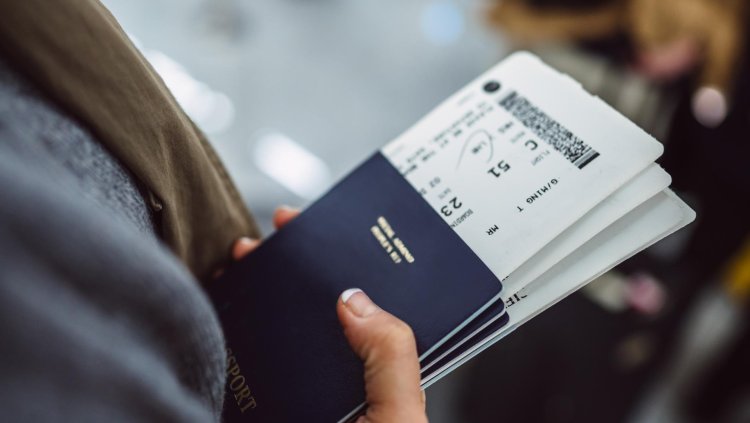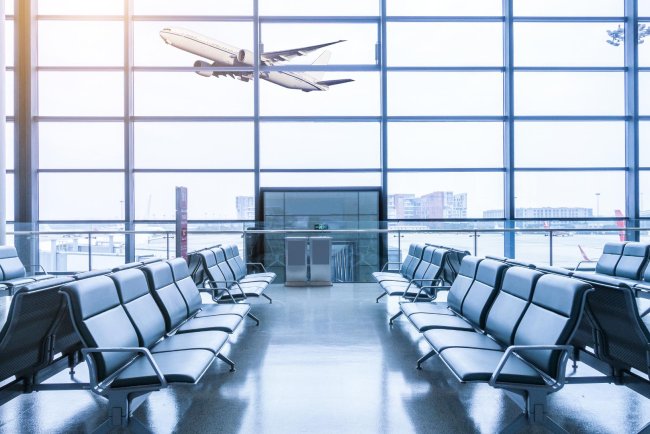1. What types of medical emergencies does travel insurance cover?
Travel insurance typically covers emergency medical expenses such as hospital stays, doctor visits, surgeries, and prescription medications. It also includes emergency evacuation if you're in a situation where you need to be transported to a better-equipped medical facility. Coverage can vary, so it's important to check the specific terms and limits of your policy.
2. Does travel insurance cover pre-existing medical conditions?
Coverage for pre-existing conditions varies by policy. Some insurers offer coverage for pre-existing conditions if they are stable before your trip. Others may require an additional rider or not cover them at all. Be sure to review the policy details and discuss your condition with the insurer to understand the extent of coverage.
3. How does trip cancellation insurance work?
Trip cancellation insurance reimburses you for non-refundable expenses if you have to cancel your trip for a covered reason, such as illness, death in the family, or severe weather. Coverage typically includes flight tickets, hotel reservations, and pre-paid tours. Review the list of covered reasons and reimbursement limits in your policy.
4. What should I do if my trip is interrupted or cut short?
If your trip is interrupted or cut short due to a covered reason, trip interruption insurance can reimburse you for unused, non-refundable trip costs and additional expenses like last-minute flights home. Document all related expenses and reasons for interruption, and follow your insurer’s claims process.
5. What is the maximum coverage for lost or delayed baggage?
Coverage limits for lost or delayed baggage vary by policy. Most policies provide compensation for essential items you need to buy while waiting for your luggage to arrive or if it is lost. Check your policy for specific coverage limits and any requirements for filing a claim, such as keeping receipts for purchases.
6. How does travel insurance cover travel delays and missed connections?
Travel insurance typically covers additional expenses incurred due to travel delays or missed connections, such as accommodation, meals, and transportation. Coverage usually kicks in after a certain delay period, which varies by policy. Verify the delay duration requirements and what expenses are covered.
7. What kind of 24/7 assistance services are included in travel insurance?
24/7 assistance services generally include emergency medical help, legal referrals, and assistance with lost or stolen passports and travel documents. Some policies also offer support for finding medical providers and arranging emergency evacuations. Ensure you have the contact information for these services before your trip.
8. Are adventure activities covered by travel insurance?
Standard travel insurance policies may not cover high-risk or adventure activities such as skiing, scuba diving, or mountain climbing. If you plan to engage in these activities, you may need to purchase additional coverage or a specialized policy. Review the policy to ensure it covers the activities you intend to participate in.
9. What should I do if I need to make a claim on my travel insurance?
To make a claim, gather all necessary documentation, such as receipts, medical records, or proof of loss. Contact your insurer as soon as possible to report the claim and follow their instructions. Be sure to keep copies of all correspondence and documentation related to your claim.
10. What are common exclusions in travel insurance policies?
Common exclusions include pre-existing medical conditions, certain high-risk activities, and claims related to travel to specific destinations under travel advisories. Review your policy’s terms to understand these exclusions and ensure you have adequate coverage for your needs.
11. How can I determine the right amount of coverage for medical emergencies?
Consider factors such as the cost of medical care in your destination, your health condition, and the activities you plan to do. Choose a policy with high coverage limits for medical expenses and emergency evacuation. Compare different policies to find one that meets your needs.
12. Does travel insurance cover trip cancellations due to work-related reasons?
Most standard policies do not cover trip cancellations due to work-related reasons unless specified in the policy. If you need coverage for work-related cancellations, look for a policy that includes this provision or consider an additional rider.
13. How long does it take to get reimbursed for a travel insurance claim?
The time it takes to get reimbursed can vary depending on the insurer and the complexity of the claim. Simple claims might be processed within a few weeks, while more complicated ones may take longer. Check with your insurer for an estimated timeline and keep track of your claim status.
14. Can I purchase travel insurance after I’ve already started my trip?
Travel insurance is typically purchased before your trip begins. Some policies may offer coverage if purchased shortly after your trip starts, but this is less common. It's best to buy travel insurance well in advance to ensure coverage for all aspects of your trip.
15. What documentation is needed to file a travel insurance claim?
Required documentation generally includes proof of the incident (e.g., medical reports, police reports), receipts for expenses, and any correspondence with travel providers. Check your policy for specific documentation requirements and ensure you have everything needed to support your claim.
16. How does travel insurance handle lost or stolen passports?
Travel insurance policies often include assistance with lost or stolen passports, such as providing contact information for local embassies or consulates. Coverage for replacement costs or related expenses may also be available. Verify these details with your policy and keep emergency contact information handy.
17. What factors affect the cost of travel insurance?
The cost of travel insurance is influenced by factors such as the duration of your trip, your destination, your age, and the level of coverage you choose. Activities planned and any pre-existing conditions can also impact the cost. Compare different policies to find the best value for your needs.
18. Can I get travel insurance if I have a pre-existing condition?
You may be able to get travel insurance with a pre-existing condition, but coverage will depend on the policy and the stability of your condition. Some policies offer coverage for pre-existing conditions with an additional rider. Discuss your condition with the insurer to understand your options.
19. What should I do if I’m unsure about what is covered in my travel insurance policy?
If you’re unsure about coverage details, contact your insurance provider directly for clarification. Review the policy documents thoroughly and ask specific questions about coverage limits, exclusions, and claims procedures. Understanding your policy will help ensure you are adequately protected.
20. How can I choose the best travel insurance policy for my needs?
To choose the best travel insurance policy, assess your needs based on factors like your destination, planned activities, and health condition. Compare coverage options, limits, and exclusions from different insurers. Consider additional coverage if needed and review customer reviews and ratings for the insurer.





















